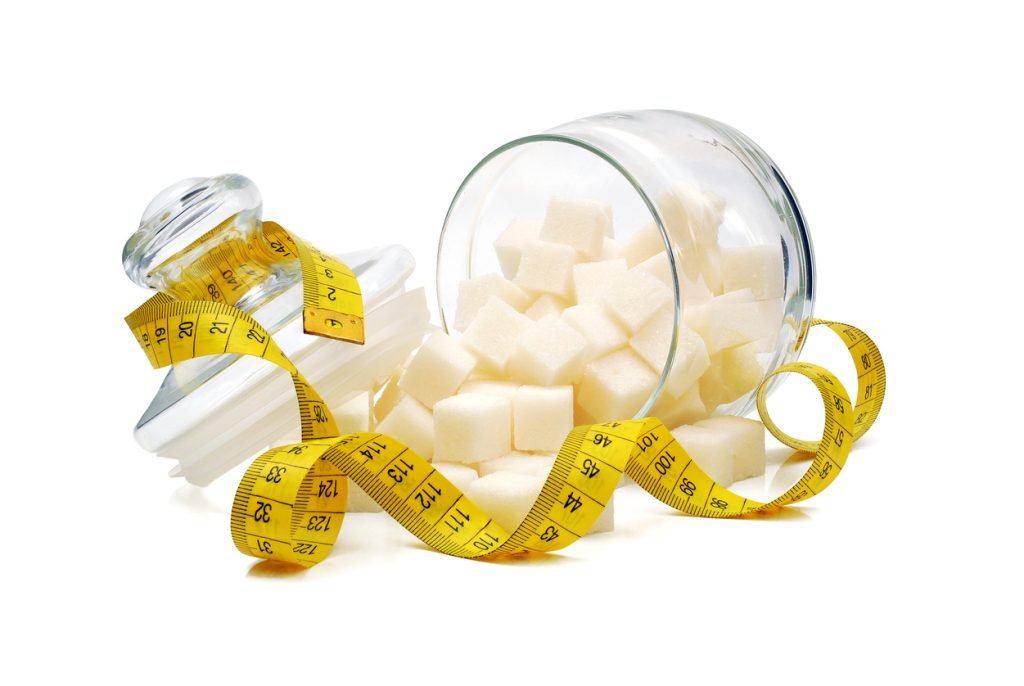
During the holidays, it can feel like sugary foods are around every corner. From festive cookies to hot chocolate to decadent cakes, many folks celebrate the most wonderful time of the year with sugary indulgences. And while many of us know the dangers of consuming too much sugar, it’s especially important for those who have undergone weight loss surgery.
After your weight loss surgery journey, we understand you want to maintain your results while feeling your best. Unfortunately, eating too much sugar can cause cramps, bloating, and lightheadedness right after your meal and in the following hours. Learn more about sugar intake after weight loss surgery, and how it can impact your results.
What Happens If I Consume Too Much Sugar?
If you consume too much sugar after bariatric surgery, you may experience an unpleasant condition known as dumping syndrome. Also called rapid gastric emptying, dumping syndrome can happen after eating various foods, but is especially common after consuming foods high in added sugar. There are two types of dumping syndrome—early and late.
In early dumping syndrome, as food enters the small intestine, the sugar draws water from the intestinal tissue and surrounding vessels. This lack of water leads to light-headedness, cramping, nausea, bloating, vomiting, diarrhea, dizziness, and an irregular heart rate.
On the other hand, late dumping syndrome occurs one to three hours after eating and can cause different symptoms, such as sweating, skin flushing, dizziness, weakness, and rapid heart rate. The pancreas releases insulin to absorb the excessive sugar, leading to low blood sugar and the associated symptoms.
What Is Added Sugar?
Added sugar is sugar added during food processing, like sucrose or dextrose. These sugars aren’t naturally occurring, like the sugar in apples, milk, or vegetables, but are manufactured to add sweetness. Some common names of added sugar include corn syrup, honey, lactose, maple syrup, molasses, and agave.
How Can I Reduce Added Sugar in My Diet?
If you’ve had weight loss surgery, we recommend no more than 2.5 teaspoons of sugar per meal. If you stick to natural, whole foods, staying under this limit will be a breeze. Some common foods to avoid include ice cream, pastries, cakes, sugar-sweetened beverages, and other desserts.
It’s important to note that added sugars can be sneaky and can be found in many sauces and salty foods, like ketchup, low-fat yogurt, and cereal. Other sweeteners like honey, syrups, and table sugar should also be limited.
Try eating small meals throughout the day. Smaller meals can slow down digestion, making it easier to stop eating once you feel full. Similarly, adding foods high in fiber and protein, like meat, nuts, and cottage cheese, can keep you fuller for longer while slowing down gastric emptying. We advise against drinking lots of water during your meal, as it can increase stomach volume and lead to hurried digestion.
Achieve Your Dream Body & Maintain It
Enjoy whole, natural foods this holiday season and feel confident in your weight loss! With these tips for reducing sugar intake, you can avoid dumping syndrome and all the uncomfortable symptoms that come with it. If you want to learn more about weight loss surgery or have questions about your diet, don’t hesitate to contact the professionals at BMI Surgery for quality, knowledgeable advice. If you’re intentional about your diet after weight loss surgery, you can maintain your dream body for years to come!
Interested in Learning More About Weight Loss Surgery?
Maintain your weight loss this holiday season with Birmingham Minimally Invasive Surgery. Dr. Long and his team specialize in all types of bariatric surgery, including gastric sleeve surgery, gastric bypass, and the LAP-BAND. Contact us online or call us to set up a consultation at 205-850-1973.

